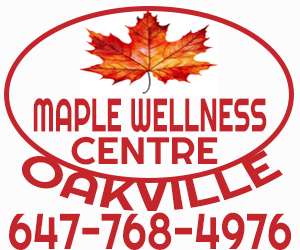M
mnews
Guest

Within moments of his mother’s touch, 11-month-old Gabriel Whittecar transitioned Friday morning from sitting upright on the GiGi’s Playhouse floor to lying on his tummy.
Amanda Whittecar was stroking her son’s back under the direction of Brenda Prosser, a Trine University faculty member who partnered with the Down syndrome achievement center to provide infant massage training to parents of babies with the condition.
“We’ve been looking forward to this,” said Whittecar, who lives in Woodburn.
Friday marked the first of six sessions, which are open to families with children in an age group characterized as prewalking and younger.
The Fort Wayne center, 6081 N. Clinton St., is one of two GiGi’s Playhouse locations statewide and among about 60 throughout the United States and Mexico. The nonprofit provides therapeutic, educational and career training programs for people of all ages with Down syndrome.
People with the genetic condition are born with an extra chromosome. It is the most common chromosomal condition diagnosed nationwide, affecting about 5,700 babies born each year, according to the Centers of Disease Control and Prevention.
The online calendar for the local playhouse has in-person activities scheduled about every weekday this month, but few are targeted for infants.
“This program fills a huge need at GiGi’s,” said Prosser, a certified educator of infant massage. “Before we started this, there was no program that met the needs of that infant group.”
The 10 a.m. class appealed to Whittecar because she had wanted to get involved at the playhouse. She looked forward to socializing Gabriel with other children.
The Whittecars sat beside the only other mother-child pair participating in Friday’s session – Fort Wayne residents Maddie Butler and her 11-month-old daughter, Evelyn.
Butler said she hopes the experience improves Evelyn’s response to therapy. She explained a major airway reconstruction in November traumatized the girl, who needs to learn positive touch.
Prosser encouraged the parents to follow their children’s cues.
“Gabe is in charge, and Evelyn is in charge,” Prosser said, telling the mothers to do whatever feels right in the moment.
Prosser demonstrated some strokes on a doll and instructed Whittecar and Butler how to move their hands and when to use the pads of their fingers.
“There are a lot of benefits – motor benefits, social benefits, cognitive benefits,” Prosser said afterward. “It’s great for parent-infant bonding.”
Prosser, an assistant professor for Trine’s Doctor of Occupational Therapy program, expects future sessions will involve the university’s students.
“Depending on their comfort level, maybe I’ll put them in charge of doing some parent education pieces,” she said.






























































































